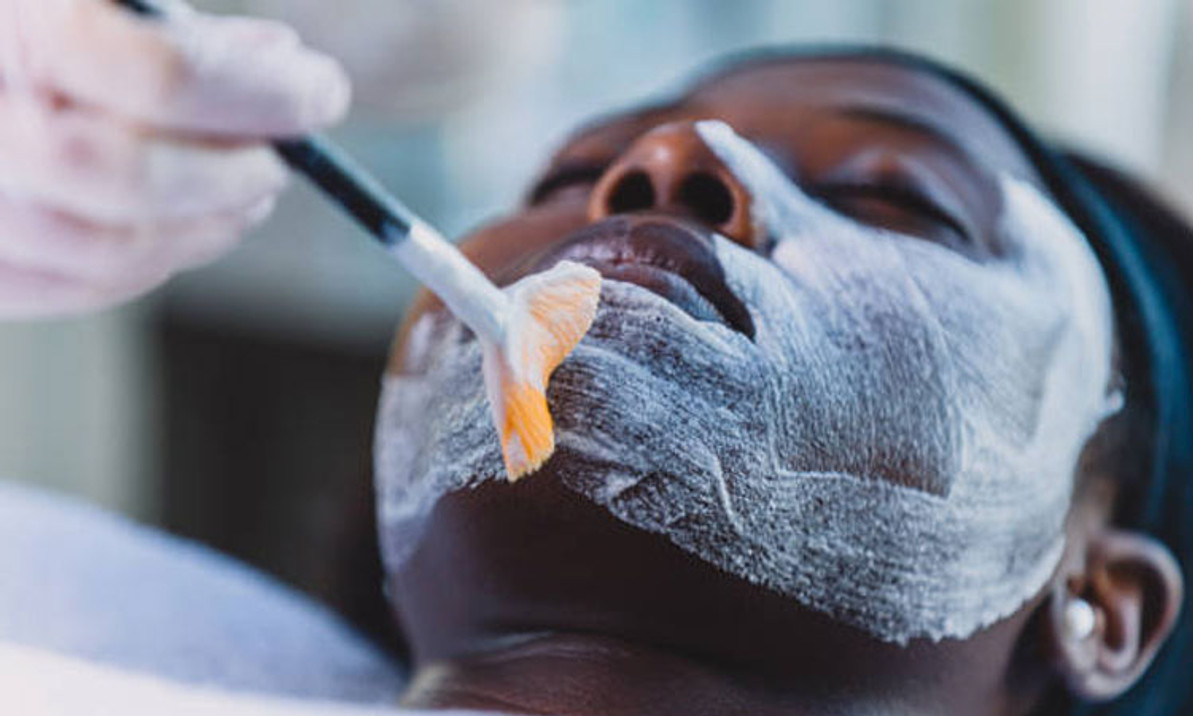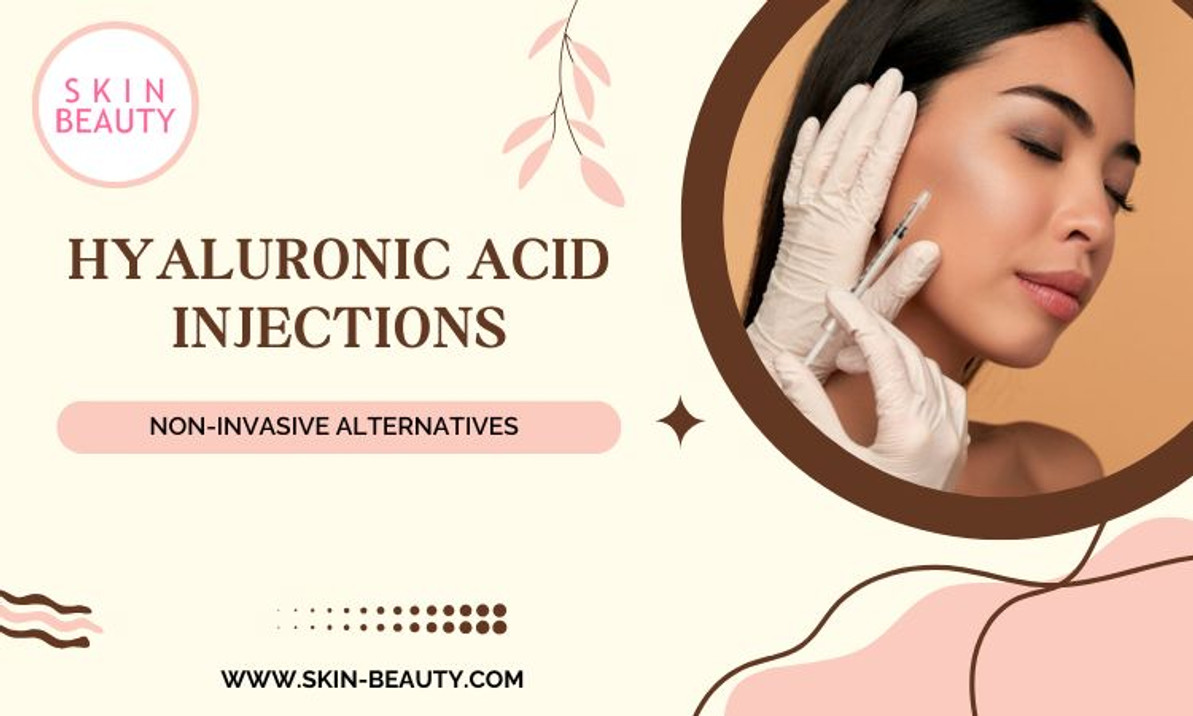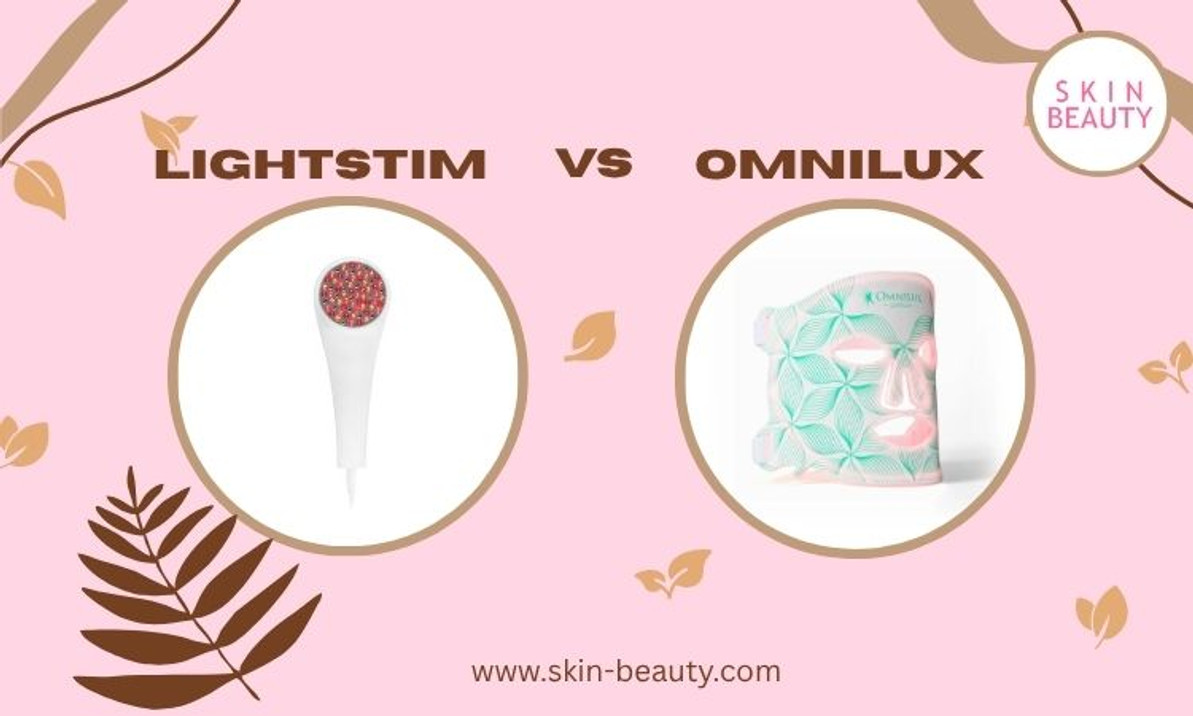Chemical Peels: Before and After
It is inevitable; everyone will get older. When we see wrinkles appear and age spots forming, we start to religiously apply serums and creams hoping that they will restore youthfulness. For some, it may work, but others turn to treatments that deliver more noticeable results. Chemical peels are safe and effective, and more people are choosing this alternative to turn back the hands of time.
What Is A Chemical Peel?
A chemical peel is a skin-resurfacing procedure to improve the appearance of the skin by causing it to exfoliate and eventually peel off. It helps to reduce fine lines and wrinkles, minimize the appearance of mild scars, treat certain types of acne scarring, diminish freckles and hyperpigmentation, and improve skin texture.
How Is A Chemical Peel Done?
Chemical peels can be done in the office or an outpatient surgical facility. The type of chemical solutions that are applied to the skin to remove damaged skin cells depends on the depth of the chemical peel. The different types of chemicals typically used are glycolic acid, trichloroacetic acid, salicylic acid, lactic acid, or carbolic acid (phenol). The chemical solution is applied to the skin to cause a controlled injury penetrating through different layers. The new skin growing back is smoother and younger-looking.
Different Types Of Chemical Peels
Light Chemical Peel (Superficial Peel)
Light chemical peels are also known as superficial peels. It removes the outer layer of skin called the epidermis. It treats wrinkles, acne, uneven skin tone, and dryness. Common agents used in light peels may include combinations of alpha-hydroxy acids and beta-hydroxy acids, such as glycolic acid, lactic acid, salicylic acid, and maleic acid. Light chemical peels can be done every two to five weeks, depending on desired results.
Medium Chemical Peel
Medium chemical peels remove skin cells from the epidermis, and the upper part of the middle layer of the skin called the dermis. A medium chemical peel can treat wrinkles, acne scars, and uneven skin tone. Agents frequently used for medium-depth chemical peeling include TCA (trichloroacetic acid), Jessner's solution, and glycolic acid. Medium chemical peels can be done every three to nine months to maintain results.
Deep Chemical Peel
A deep chemical peel removes skin cells from the epidermis and from portions of the mid to lower layer of your dermis. This depth of the chemical peel treats deeper wrinkles, deep scars, or precancerous skin growths. The strongest chemical called phenol is used to penetrate down to the lower dermal layer of your skin. A deep peel can only be performed once.
How To Prepare For Chemical Peel
Use Antiviral Medication
To prevent viral infections, a doctor may prescribe and antiviral medication before and after treatment.
Use a retinoid cream
Retinoid creams such as tretinoin may be recommended for a few weeks before treatment to help with healing. It works by encouraging cell turnover and increasing collagen production, both of which help set damaged skin cells on a healthier course.
Use a bleaching agent
Hydroquinone or retinoid cream may be suggested for use before and after the procedure to reduct side effects.
Avoid unprotected sun exposure
Use sun protection anytime there will be any exposure to sun. Too much sun exposure before the procedure can cause permanent irregular pigmentation in treated areas.
Avoid certain cosmetic treatments and certain types of hair removal
About a week before the peel, stop using hair removal techniques such as electrolysis or depilatories. Also, avoid hair dying treatments, permanent-wave or hair-straightening treatments, facial masks, or facial scrubs in the week before your peel. Don't shave the areas that will be treated beginning 24 hours before your peel.
Arrange for a ride home
If you'll be sedated during the procedure, arrange for a ride home.
What Is The Recovery Time Of Chemical Peels?
Light chemical peels are popular because of the little downtime. The skin will be red, dry, and mildly irritated followed by scaling. The skin will look sunburned. You can wear makeup immediately after treatment if you chose to. It will take one to seven days to completely heal. Apply lotion or cream during the healing process and use sunscreen after the skin heals. Light peels can be repeated every two to five weeks to achieve desired results.
Medium chemical peels will leave the skin red, tight, blistered, and swollen. The skin will feel similar to a deep sunburn. As swelling decreases, treated skin will begin to form a crust and might darken or develop brown blotches. Apply ointment or petroleum jelly after daily soaks. Treatments take about two weeks to heal, but redness may remain for months. Medium peels can be repeated every six to twelve months to maintain results.
Deep chemical peels will result in severe redness, swelling, peeling, crusting, throbbing, and burning sensation. After treatment, the skin will be bandaged. Apply ointment after daily soaks. Antiviral medication will need to be taken during this time. New skin will start to develop in about two weeks. Redness may last for months, and skin may lose its ability to tan. Deep peels can only be performed once.
Risks
Temporary or permanent changes in skin color may occur. Taking birth control pills or pregnancy may increase the risk of post-inflammatory hyperpigmentation. The deeper the chemical peel, the more risks may be involved. Blotches, infection, permanent scarring, and prolonged redness in the skin may occur. With deeper chemical peels, phenols can pose a unique risk of causing heart, liver, and kidney damage.
Recent Posts
-
Hyaluronic Acid Injections
Hyaluronic Acid Injections: What to Know & Non-Invasive Alternatives That Actually Work In the p …Jun 17th 2025 -
Kojic Acid Creams
My Kojic Acid Journey: How One Ingredient Transformed My Skin (And the Best Kojic Acid Creams to Try …Jun 11th 2025 -
LightStim vs. Omnilux
LightStim vs. Omnilux: My Real LED Skincare Results & Which One I Recommend LED light therapy&nb …Jun 3rd 2025





